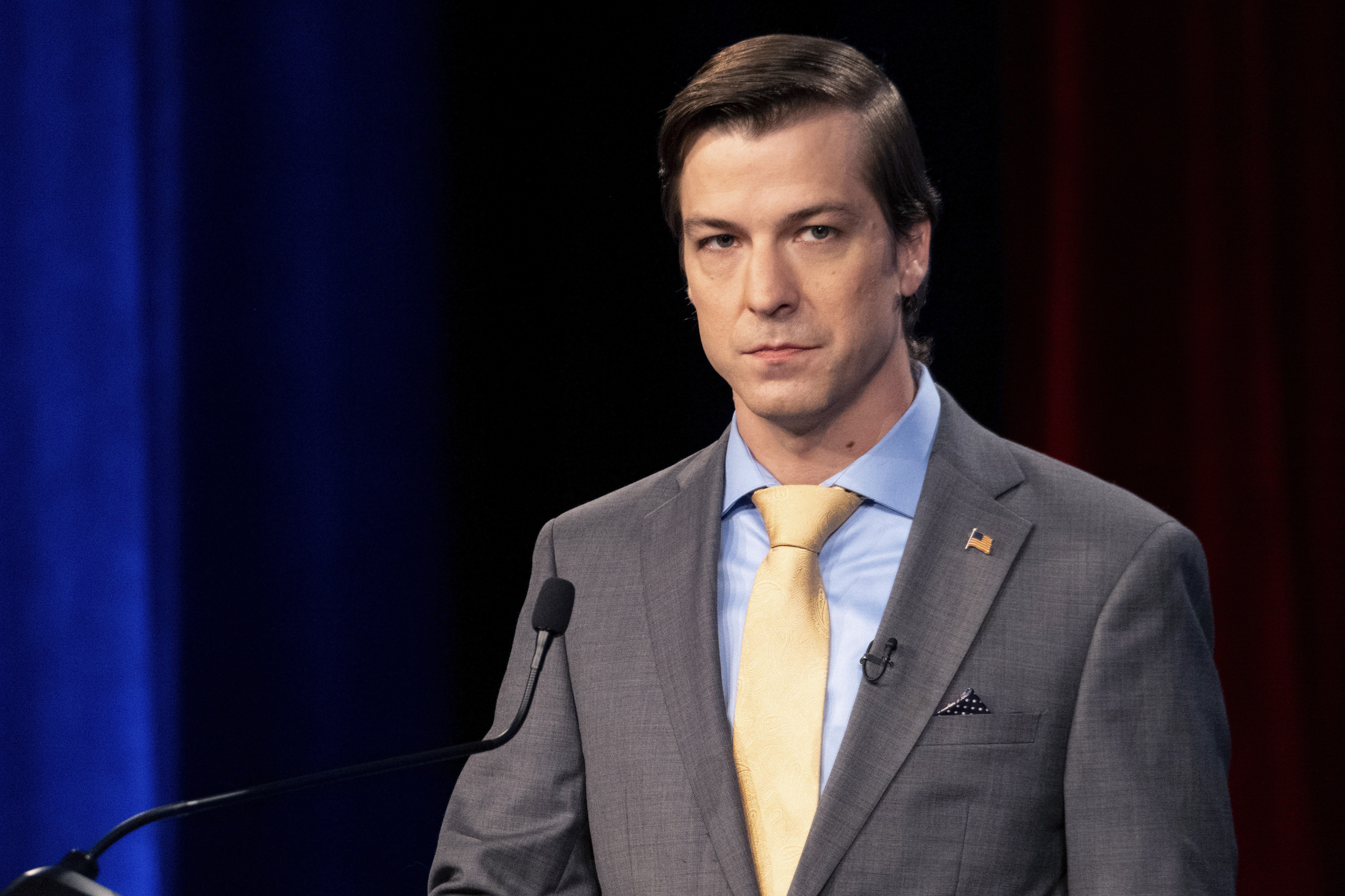Third parties have rarely been competitive in U.S. presidential elections and the Libertarian candidate four years ago won 1% of the vote. But the party's decision is getting more attention this year due to the rematch between Trump and Democratic President Joe Biden, which could hinge again on small vote margins in a handful of contested states.
"We did it! I am officially the presidential nominee," Oliver posted Sunday on X, formerly Twitter. "It's time to unify and move forward for liberty."
Trump appeared Saturday night in Washington at the convention to give a speech that was repeatedly booed by many in the room. It did not pay off with the endorsement he requested, though his Republican allies on Sunday praised him for choosing to go before an unfriendly crowd.
Kennedy got a friendlier reception when he spoke on Friday and attacked both Trump and Biden for how they addressed the COVID-19 pandemic. He had talked up his support for the Libertarians and an endorsement could have helped him expedite the process of gaining ballot access in all 50 states, perhaps the biggest hurdle he faces in qualifying for the first presidential debate in June hosted by CNN.
Libertarians prioritize small government and individual freedoms, with a mix of policy positions that could be seen as liberal, conservative or neither.
Oliver is an activist from Atlanta who previously ran for the U.S. Senate and U.S. House from Georgia. His campaign website calls for major cuts to the federal budget with an eye toward balancing the budget, the abolition of the death penalty, and the closure of all overseas military bases and ending of military support to Israel and Ukraine.
